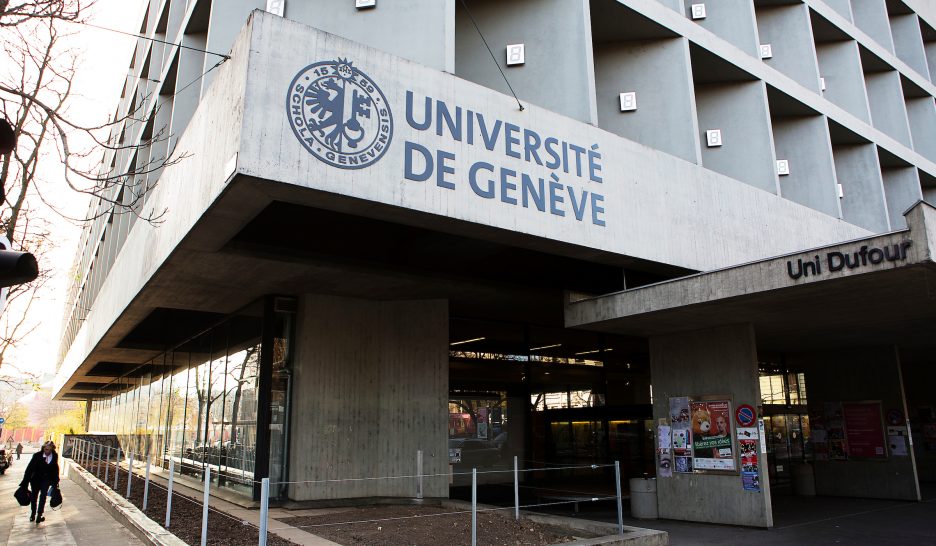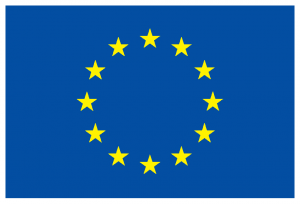Founded in 1559 by Jean Calvin, the University of Geneva (UNIGE) is dedicated to thinking, teaching, dialogue and research. With 16’000 students of more than 140 different nationalities, it is Switzerland’s second largest university. UNIGE leads research projects in collaboration with almost 100 countries. Actively participating in many European research programs, UNIGE has more than 3950 researchers (including 595 professors) of 113 nationalities who work in 8 different faculties and more than 250 participations in projects across all scientific disciplines.
The Information Science Institute (ISI) is a research institute under the Geneva School of Economics and Management of the University of Geneva. Its mission is to engage with industry, public administration and the public in order to lead and shape the international landscape of research in the domain of Information Science. A team of 30 staff members is active in basic and applied research, technology watch, creativity and teaching. ISI is currently participating in research /EU/Cost/Swiss funding and industrial technology transfer projects in various domains. In recent years ISI researchers have published numerous papers in high-level international journals, conferences and books.
Research at the Institute is carried by seven laboratories: Information Security, Augmented Human Trust, Knowledge Engineering, MIRALab, CASLab, Quality of Life and Travelling and Mobility. Given the broad nature of ISI, it has a close collaboration with the InfoSec and the University Observatory on Security for a complete coverage of researched fields and is leading the Information Security continuous education program. ISI is also the founding member of the University Observatory on Security, assuring the vice-presidency and the IT security part. In addition, ISI is also part of the Geneva state’s initiative Forum Economie Numérique (Sécurité et sphère privée).
The Communications Service is responsible for local and international dissemination activities for the University of Geneva. It supports the whole university community in its communication activities: organizing and mediating events, promoting research results, disseminating information on the functioning of the institution, and so on. In order to fulfil its mission, the Communication Service relies on a global strategy that includes relations with the press, the organization of public events, the publication of University news and the development of websites.


